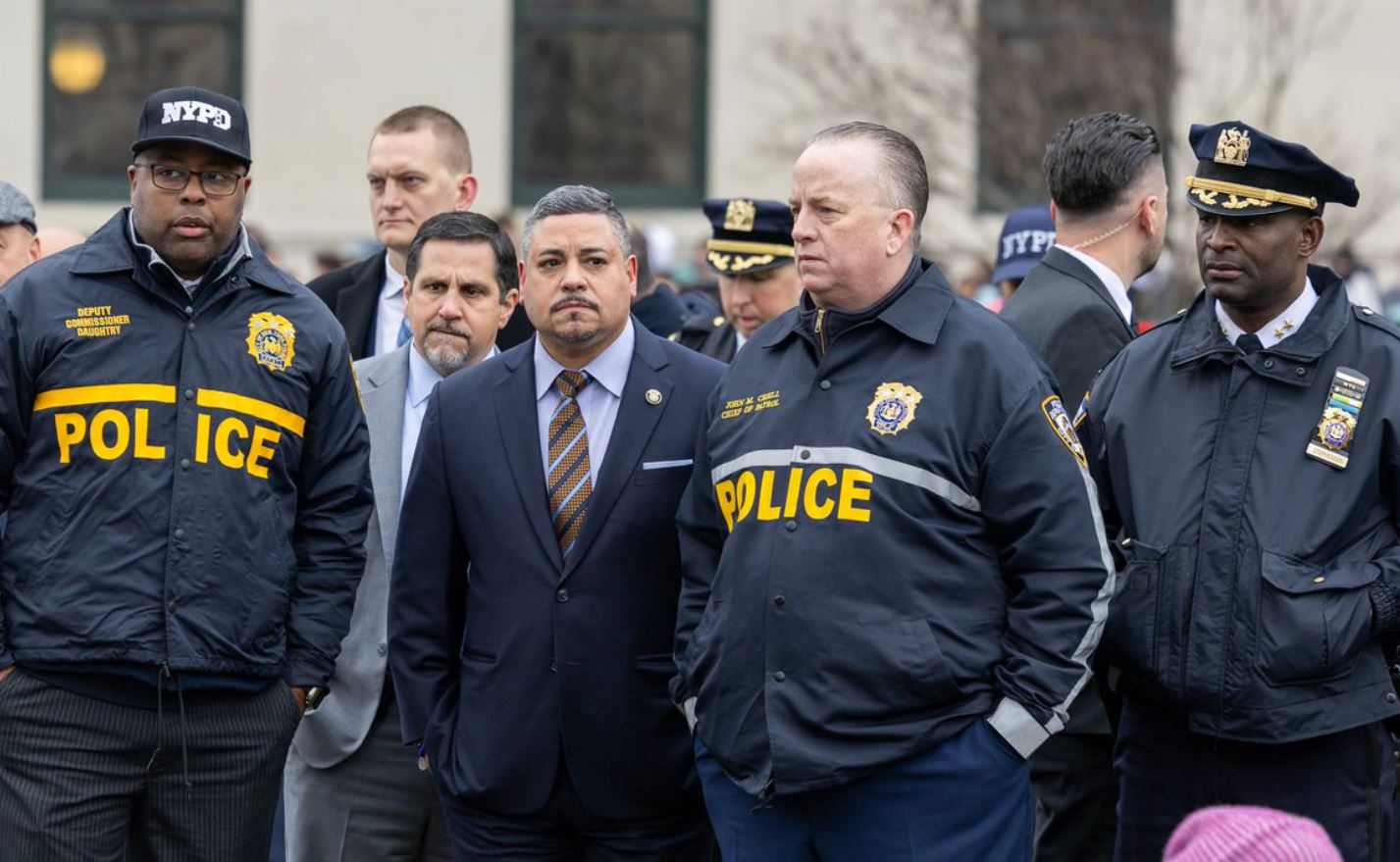Gov. Andrew Cuomo and legislative leaders announced a $135 billion tentative budget deal Wednesday that would keep spending under 2 percent and include business and family tax cuts, most of which would be in the 2014-15 fiscal year.
Cuomo said the deal also calls for a $350 rebate check for middle-class families with at least one child and a household income of $40,000 to $300,000. The checks wouldn't be sent to taxpayers until 2014, an election year for Cuomo, a Democrat, and lawmakers.
In addition, the agreement would raise the $7.25 hourly minimum wage to $9 over three years — without automatic increases tied to inflation — and would cut taxes on employers who hire recent veterans and young workers and on small businesses and corporations in a state that has one of the nation's highest tax burdens.
"This is probably the most family friendly budget I've ever seen," said Sen. Jeffrey Klein, leader of the Independent Democratic Conference, which for the first time shares Senate majority control with Republicans.
"It honors the moral obligation we have and keeps a safety net," said Assembly Speaker Sheldon Silver, a Democrat who led the effort to raise the minimum wage.
Silver said the "conceptual framework" will also help "turn the economy around to create jobs in every region of New York state."
Cuomo said state spending will go up just under 2 percent. The total budget, including one-time federal funds for relief from Superstorm Sandy, is about $143 billion.
Local
Cuomo budget director Robert Megna said school aid of more than $20 billion a year would increase by about $1 billion, an increase over the $890 million increase Cuomo proposed before the legislative negotiations.
But New York City schools won't get the $250 million reimbursement it sought. The schools lost the increase from last year because the United Federation of Teachers union and Mayor Michael Bloomberg failed to agree to a teacher evaluation system by a deadline set by state law.
A spokesman for the Bloomberg administration had no immediate comment Wednesday.
The deal also would extend a temporary millionaire tax increase that raises $2 billion a year. The increase doesn't expire until next year and including it in the deal now avoids a sensitive vote in an election year for Cuomo and legislators.
After optimistic predictions they would reach a budget deal last Sunday, Cuomo and legislative leaders became mired in policy issues. Still, the final budget is expected to beat the April 1 deadline for passage and become the third straight on-time budget for the state. New York has become known for its decades of missed budget deadlines and a dysfunctional budget process.
The policy issues will be discussed until the end of the legislative session in late June and include Cuomo's proposed restrictions to the stop-and-frisk policy of the New York City police. The governor wants to decriminalize small amounts of marijuana. He wants the public display of small amounts to be a violation, not a more serious misdemeanor, which Democrats say can ruin young lives.
Also, no agreement has been reached on penalties for synthetic marijuana or the dangerous drug known as bath salts or on changes to the gun control law passed in January in response to the Connecticut school shooting.
The budget could be adopted by the Senate and Assembly by late Sunday, without interrupting the Passover-Easter break for legislators. Senate Republican leader Dean Skelos promised a "really early budget."



